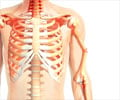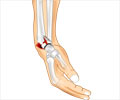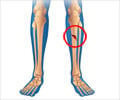Trabecular bone score is currently used in conjunction with BMD values to enhance the predictive ability of the widely used Fracture Risk Assessment tool (FRAX).

TOP INSIGHT
The combination of trabecular bone score (TBS) with the clinical risk factors (including BMD) showed enhanced gradients of risk for hip and non-hip major osteoporotic fractures.
The study authors found that TBS was consistently an independent contributor to the assessment of fracture risk and that the relationship with other risk factors was robust across sex, diverse races, fracture incidences, and geographical regions.
The combination of TBS with the clinical risk factors (including BMD) showed enhanced gradients of risk for hip and non-hip major osteoporotic fractures compared with TBS or the FRAX risk factors alone.
Co-author Professor John A Kanis, Emeritus Professor in Human Metabolism, University of Sheffield, stated, "The findings of this study support the use of TBS, not only as a standalone assessment of fracture risk but also, more importantly, as an independent contributor to a more global risk assessment that could permit its use alongside established risk assessment tools such as FRAX."
Source-Eurekalert
 MEDINDIA
MEDINDIA

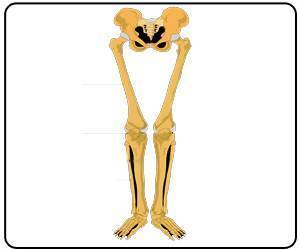

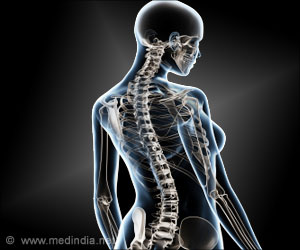
 Email
Email
